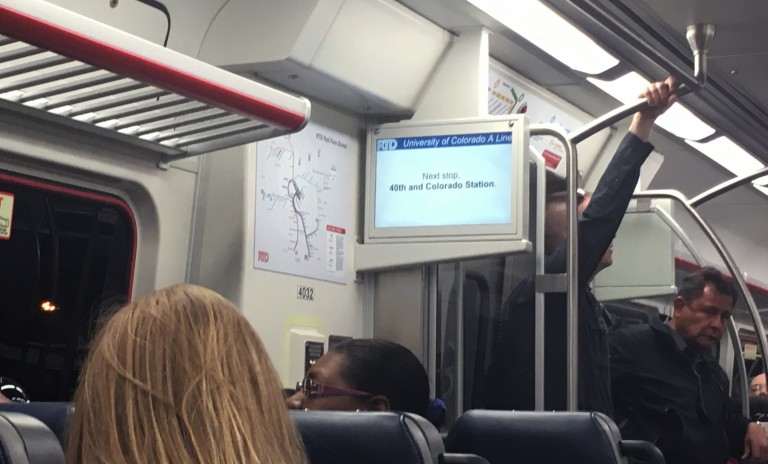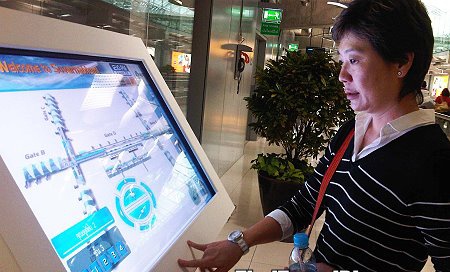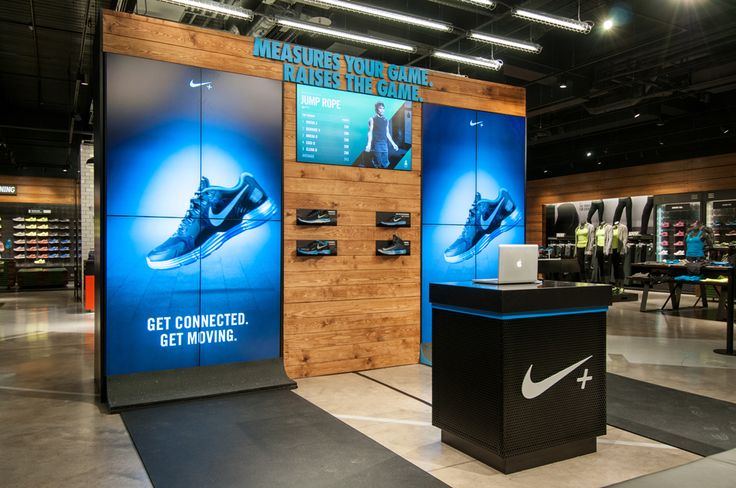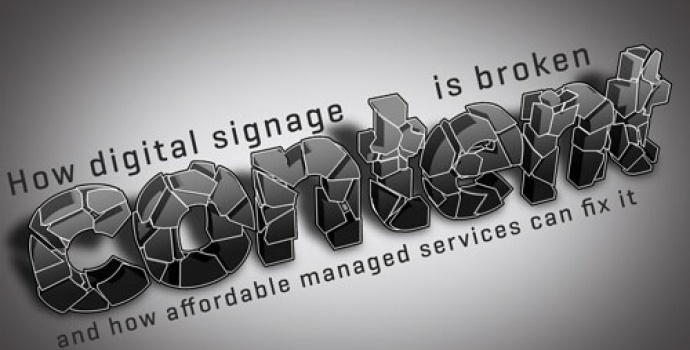How Digital Signage builds trust with customers.
Maybe the title of this article is a dead give away. But, in a world where messages are constantly flung each and every direction, it’s comforting to know that digital signage has become a very established form of communication. Digital Signage owns the “catch your eye” factor of marketing while communicating more effectively than any static ad you’ll ever see.
So why does digital signage build trust with customers?
1. It embeds in the mind of the viewer as a good source of information
Take digital menu boards for example. Although it might be one of the simplest forms of communication, it has already established a ‘mental handshake’ with the viewer. It states what the restaurant offers, and the viewer turns that into a course of action and orders a burger. Even digital signage located inside light rail cars become an essential source of information. Stated upcoming stops and the current stops for the people riding the train are vital for shuttling individuals across a city. Again, it establishes that “you’re taken care of,” feeling for the viewer.

2. Digital Signage fills the gap of a knowledge dependency
You’re lost in the middle of a huge airport, and you’re running late. Suddenly, you see a giant touch screen right next to the escalators! You to find a map of the airport, and you’re off in the right direction. Digital Signage can show people when flight times are, or what is delayed. It can even be helpful in educating people on something they may not have experienced before, like an EF5 Tornado in New York City. Digital Signage can help your customers know what new promotions are happening in a bank branch. The list goes on, and digital signage can be useful in spreading any type of knowledge.

3. It re-affirms your brand image
Sure. The marketing and communications world is obsessed with brand consistency and brand image. But, it makes a huge difference. Digital signage builds trust like a bridge to the viewer and makes an introduction. Whether it’s the first time or the hundredth time, customers can be reassured by consistent messaging in a small area. Familiarity and positive brand experiences build trust. This might be anything from a company lobby to a Nike Store where viewers can interact with the brand in an uplifting way. With technology like that, it’s hard to forget a tactile experience.











